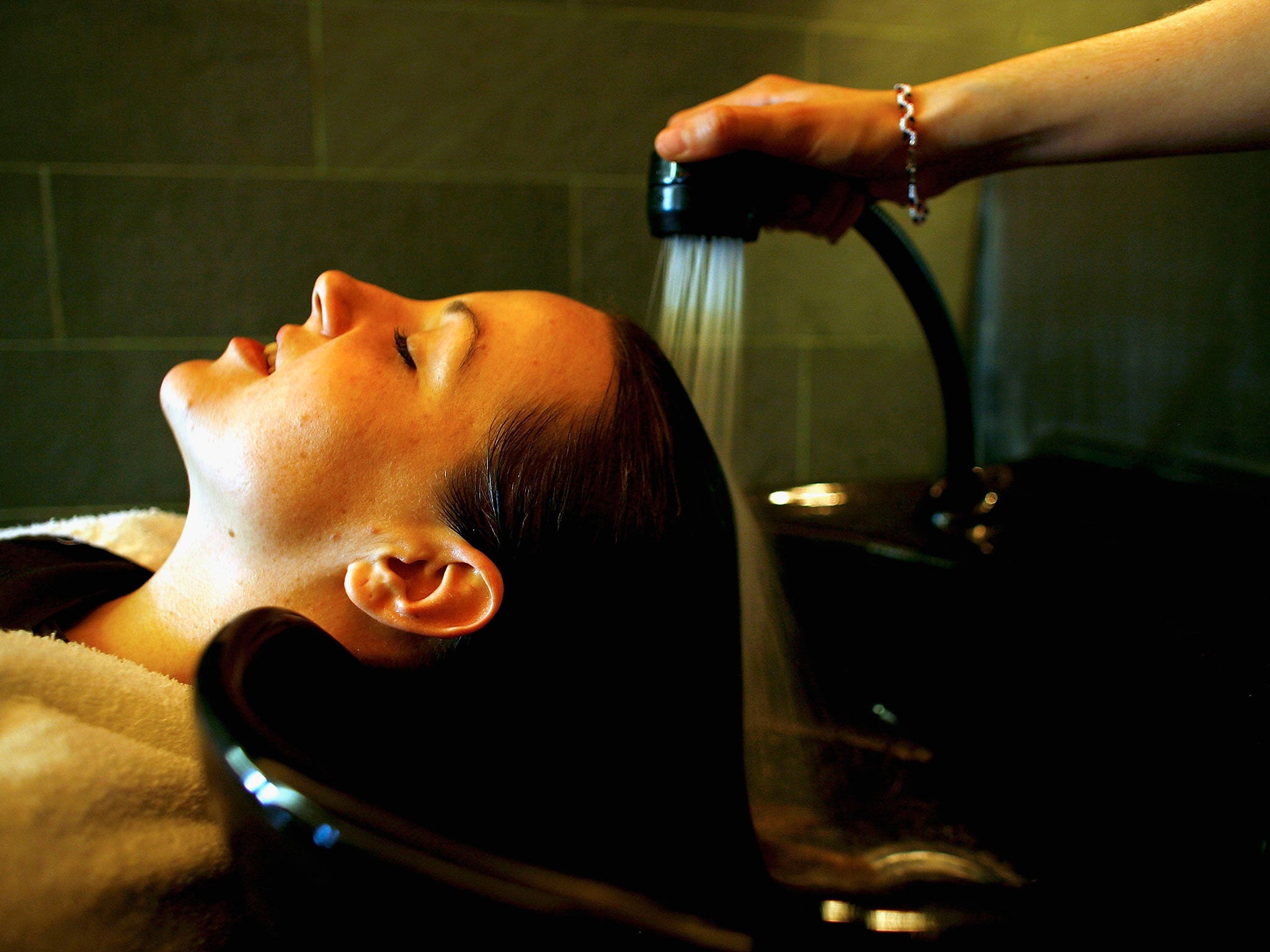The Independent's journalism is supported by our readers. When you purchase through links on our site, we may earn commission.
How often should you wash your hair?
For many, hair is a vital part of their identity - so how can you best look after it?

Choppable, dyable and stylable, hair is a vital part of identity for many people, and learning to care for it can take years of trial and error. And when it comes down to how often to wash it, many of us are left bewildered.
Shampoo wasn’t widely used until the early twentieth century, and the moment it started to become embedded in daily routines can be pinned to the rise of consumerism and a New York Times column which advised women to wash their hair every two weeks rather than once a month, according to NPR.
So, why do we need to shampoo at all, and how frequently should we be using it?
Let’s start from the beginning. Your hair becomes greasy due to the build-up of sebum: an oil which emanates from the sebaceous glands present everywhere except from the palms and the soles of the feet.
The build-up of sebum in the hair enablse dirt to cling to it, and shampoo is used to wash this accumulation away.
That’s how shampoo does its job, but how often you need to use it depends on your style and hair type.
Fine, straight hair enables oil to spread quicker, while thicker, curlier hair – including that which is African-Caribbean – is more prone to dryness as sebum can struggle to travel down the follicle.
“The shape of curly hair, especially tightly curly hair, does not create a straight path for sebum and water to travel all the way down the hair shaft — this is why afro textured hair loses moisture quickly after washing,” explains write Kimika Hudon for The Huffington Post.

Therefore, finer, straighter hair needs to be washed more often, while curlier and coarse hair can stand to be washed every 3 days or so to prevent it breaking, according to WebMD.
“A good benchmark for hair washing should be twice a week or when you feel your hair needs it,” hair consultant Scott Cornwall told the website.
“If you have very thick, long and curly hair and need to spend a considerable amount of time blow-drying or styling, a good weekly wash would suffice.”
Complicating matters further, a hair stylist recently told GQ that conditioner doesn't have to be used at the same time as shampoo. This is due to the fact that shampoo cleans, while conditioner adds weight and texture.
Those with straight hair who want a “heavy” look can wash every day, but use conditioner every four to five days or one or two for a “light” style.
Meanwhile, those with wavy locks can wash three times a week, and condition once or twice when the hair looks dry.
Curly or kinky hair styles can be treated with a moisturising shampoo "no more than twice a week", and condition once or twice a week.

But what ofurban legends of people who shun shampoo all together? Advocates of the “no-poo” method argue that as shampoo strips the hair of natural oils, the scalp responds by creating generate more sebum and making the hair greasier.
By using water and natural substitutes, the scalp apparently reaches a sebum equilibrium.
Lucy Aitken, who works in the charity sector and penned Happy Hair: The Definitive Guide to Giving Up Shampoo, said that after a period of having lank “smelly” hair for a few weeks, she cleans her hair with water and an egg or bicarbonate of soda every fortnight, according to The Telegraph.
So, whether you opt for ditching the shampoo and cracking an egg on your head, or washing your hair more often is down to you.
Join our commenting forum
Join thought-provoking conversations, follow other Independent readers and see their replies
Comments
Bookmark popover
Removed from bookmarks